Qualitative Quest - AI-Powered Qualitative Analysis
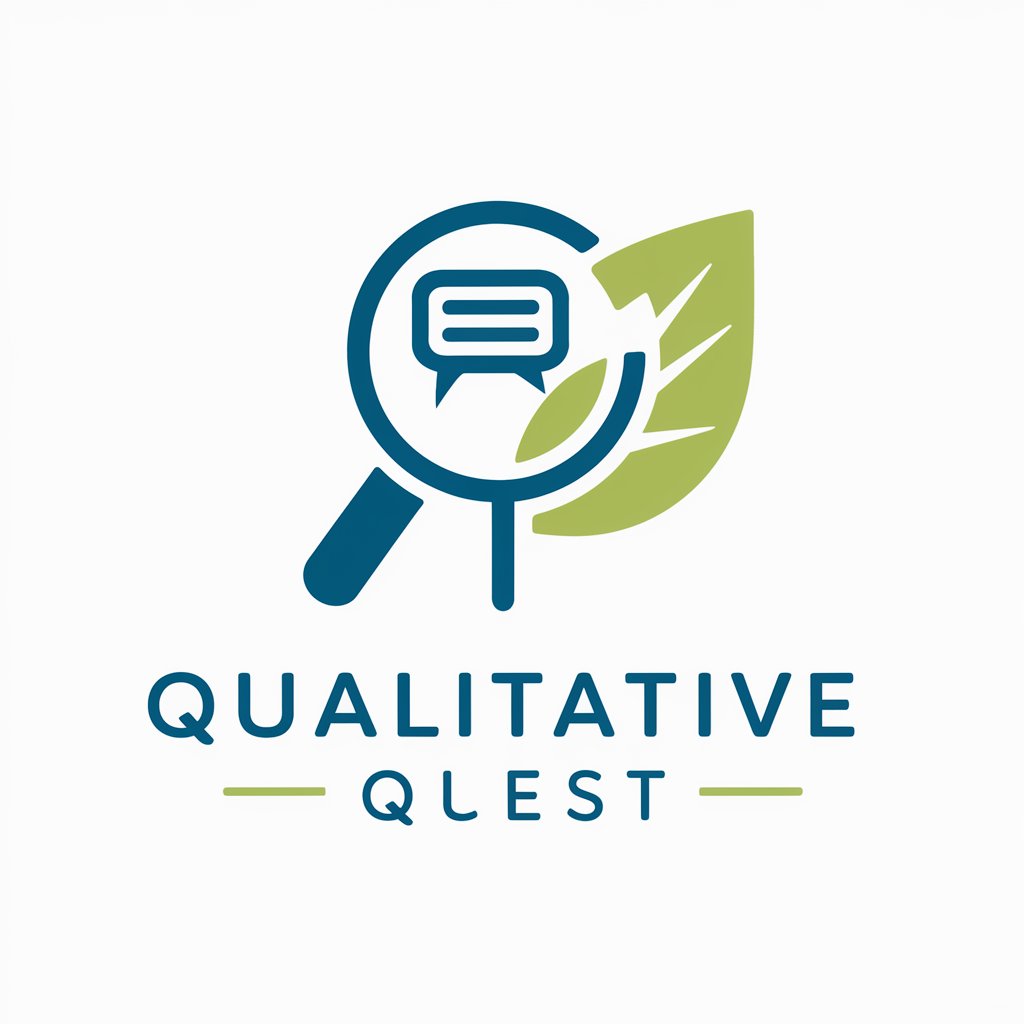
Welcome to Qualitative Quest! Let's explore qualitative research together.
Streamlining Qualitative Research with AI
Can you help me design a qualitative research study on...
What are the best practices for coding qualitative data?
How can I ensure the reliability of my qualitative research findings?
What methods can I use to analyze interview transcripts effectively?
Get Embed Code
Introduction to Qualitative Quest
Qualitative Quest is designed as a specialized AI-driven platform aimed at facilitating and enhancing qualitative research processes. Its core purpose is to support researchers, educators, and professionals in conducting comprehensive qualitative analyses, offering tools and insights that streamline data coding, analysis, and interpretation. Qualitative Quest is equipped with functionalities that leverage AI to assist in processing textual and visual data, making qualitative research more accessible and efficient. For instance, it can automatically generate codes from interview transcripts or suggest themes from narrative data, significantly reducing the manual effort involved in data analysis. A scenario illustrating its application could be a researcher analyzing interview data on public health experiences. Qualitative Quest could help identify recurring themes, such as 'access to healthcare' or 'healthcare disparities,' by analyzing transcripts, thereby guiding the researcher towards deeper insights into the collected data. Powered by ChatGPT-4o。

Main Functions of Qualitative Quest
Automated Data Coding
Example
Automatically generating codes from qualitative data such as interview transcripts.
Scenario
A social scientist exploring community responses to climate change could use this function to quickly code vast amounts of interview data, identifying key concerns and attitudes within the community.
Theme Identification
Example
Identifying and suggesting themes based on coded data.
Scenario
An education researcher analyzing qualitative feedback from students on remote learning could benefit from this function to identify common themes, such as 'technological challenges' or 'learner engagement,' across the dataset.
Sentiment Analysis
Example
Evaluating the sentiment of qualitative responses, categorizing them into positive, negative, or neutral sentiments.
Scenario
A market researcher could apply sentiment analysis to customer feedback on a new product, gauging overall consumer sentiment and extracting specific points of satisfaction or dissatisfaction.
Qualitative Data Summarization
Example
Providing concise summaries of large qualitative datasets, maintaining the essence of the original data.
Scenario
A policy analyst reviewing public opinions submitted through an online portal on urban development plans could use this feature to obtain summarized insights, aiding in the quick identification of public priorities and concerns.
Ideal Users of Qualitative Quest Services
Academic Researchers
This group includes scholars and graduate students in fields such as sociology, psychology, education, and anthropology who engage in qualitative research as part of their academic work. They benefit from Qualitative Quest by gaining efficiencies in data analysis, allowing more time for critical thinking and theory development.
Market Researchers
Professionals in market research utilize Qualitative Quest to analyze consumer feedback, interviews, and focus groups. The platform aids in uncovering consumer trends, preferences, and perceptions, supporting data-driven decision-making in marketing strategies.
Policy Analysts
Analysts in public policy and governance find value in using Qualitative Quest to process public submissions, feedback, and consultations. It helps them to swiftly understand community needs, concerns, and suggestions for policy formulation.
UX/UI Researchers
Researchers focused on user experience and interface design use Qualitative Quest to analyze user feedback, usability testing results, and interviews. This assists in identifying user pain points and preferences, informing design improvements.

How to Use Qualitative Quest
Visit for a Trial
Start by visiting yeschat.ai for a complimentary trial; no sign-up or ChatGPT Plus required.
Explore Features
Familiarize yourself with the tool's features through the interactive tutorial available on the homepage.
Choose Your Task
Select the qualitative research task you need assistance with, such as data coding, thematic analysis, or literature review summarization.
Input Data
Input your qualitative data directly into the tool or upload documents as prompted.
Analyze and Iterate
Review the generated insights and use the feedback function to refine results. Repeat the analysis as needed for comprehensive understanding.
Try other advanced and practical GPTs
Mixed Methods Design Decision Tool
Simplify your research with AI-powered mixed methods design.
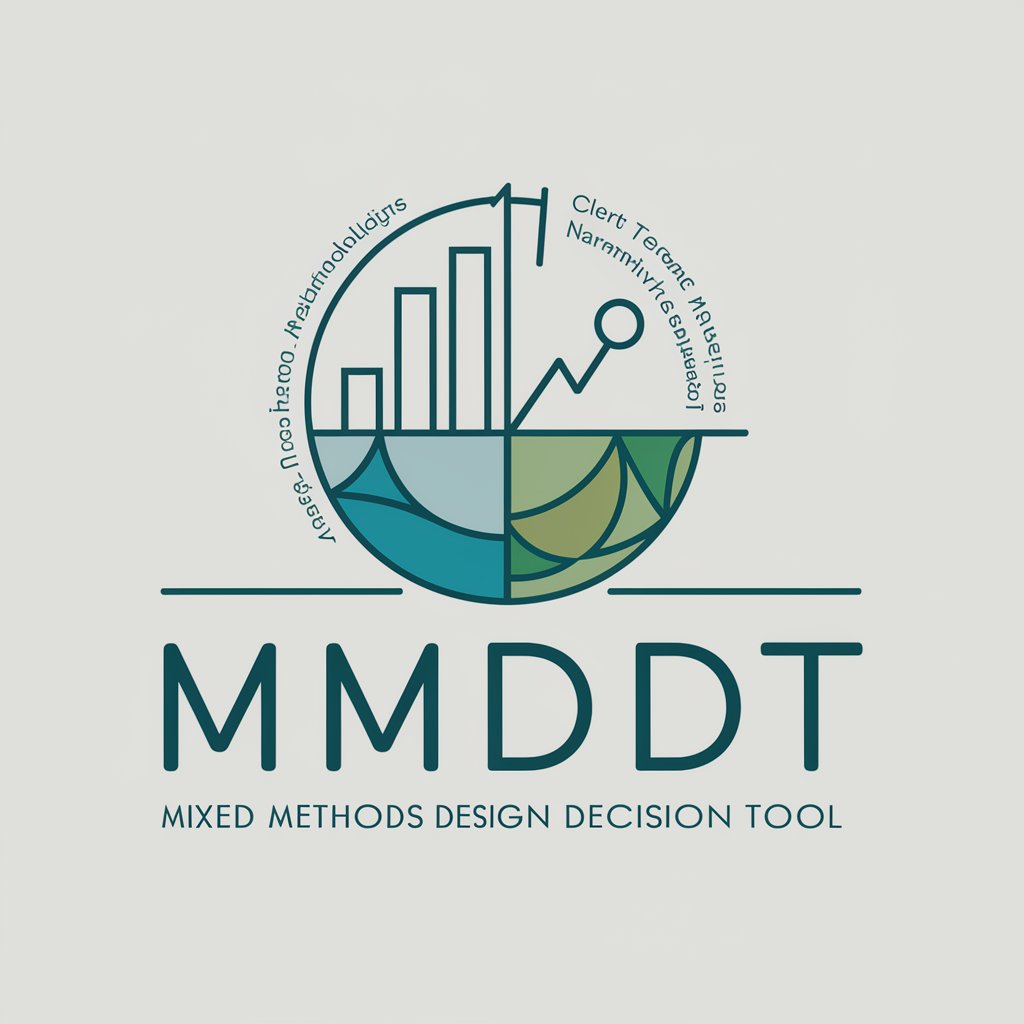
Build Buddy
Empowering Your Home Makeover with AI

Social Media Maven
Elevate Your Social Media Game with AI

Custom GPT Made Simple
Smart AI, Simplified Solutions
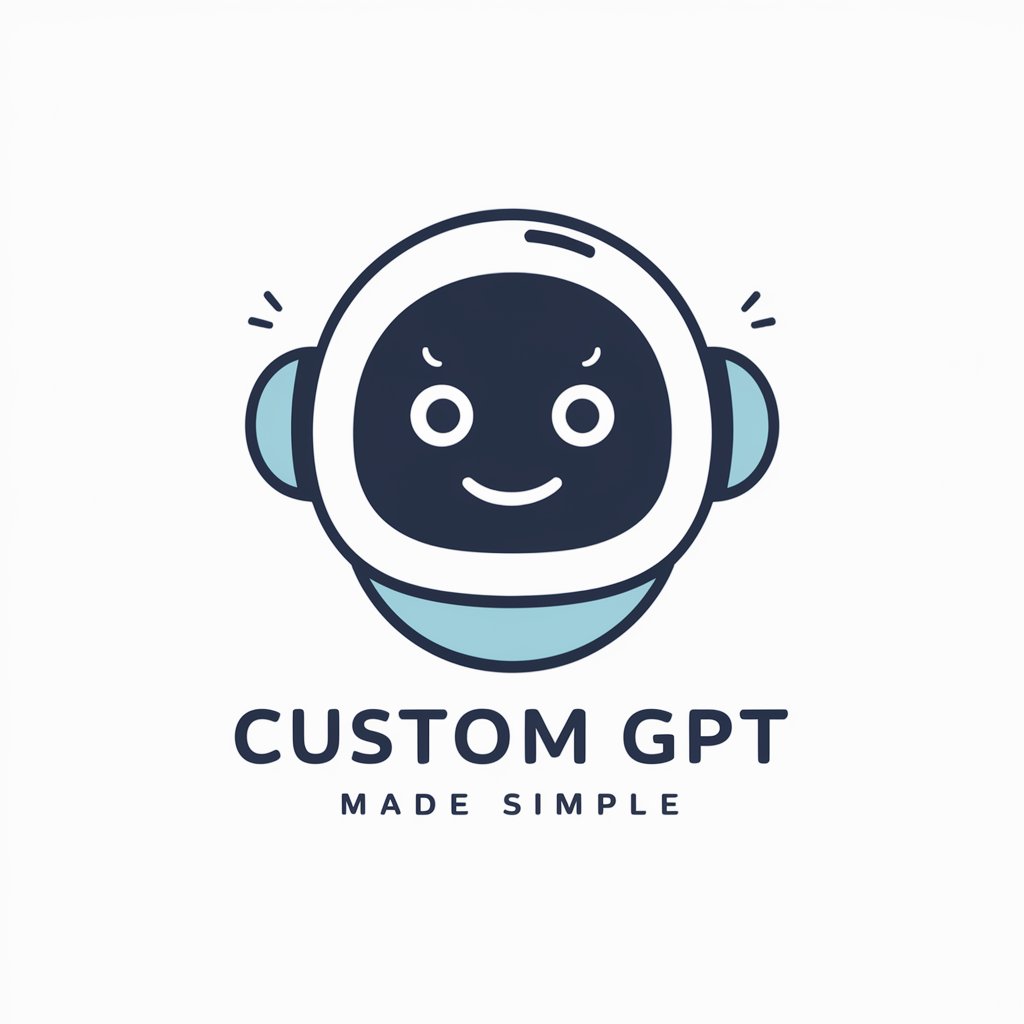
Theory Navigator
Navigating Theoretical Complexities with AI
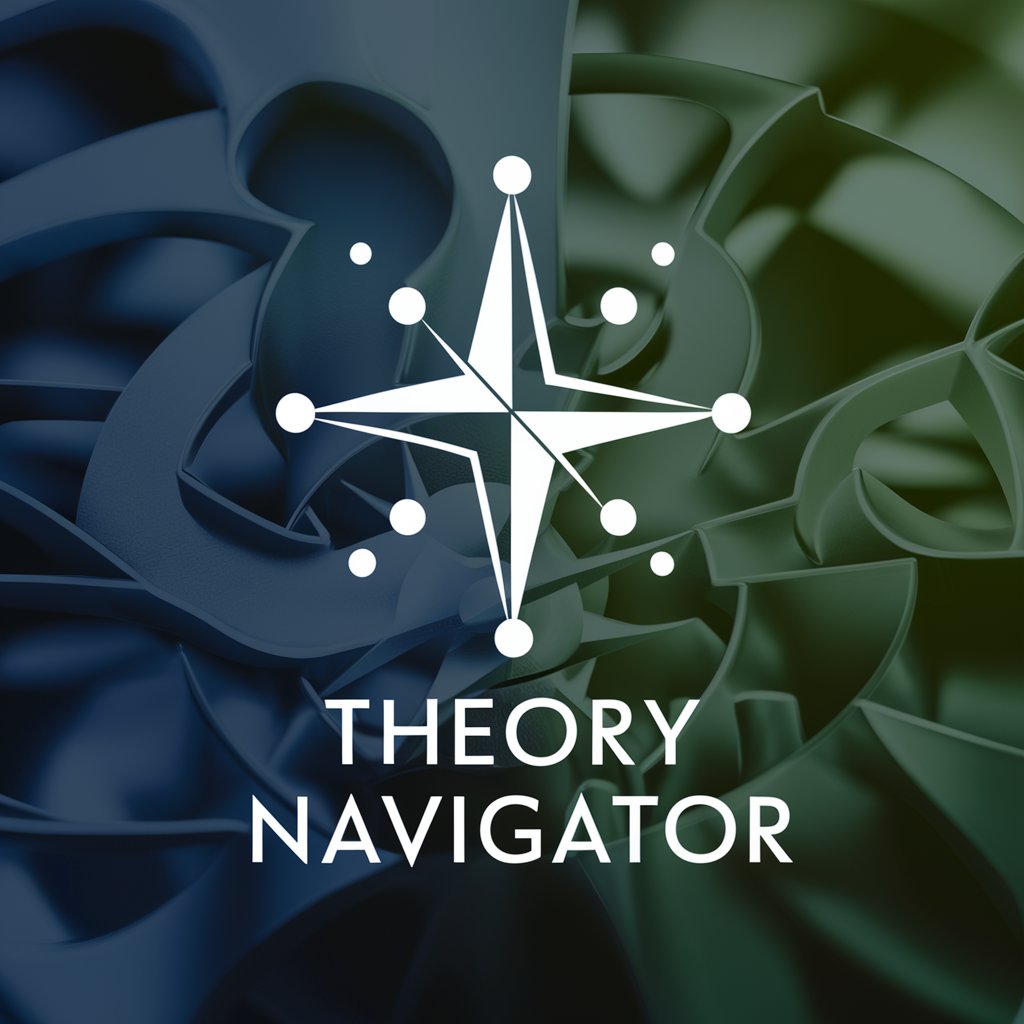
renpeng
Empowering insights with AI

QualiCopterGPT
Revolutionizing Qualitative Data Interpretation with AI
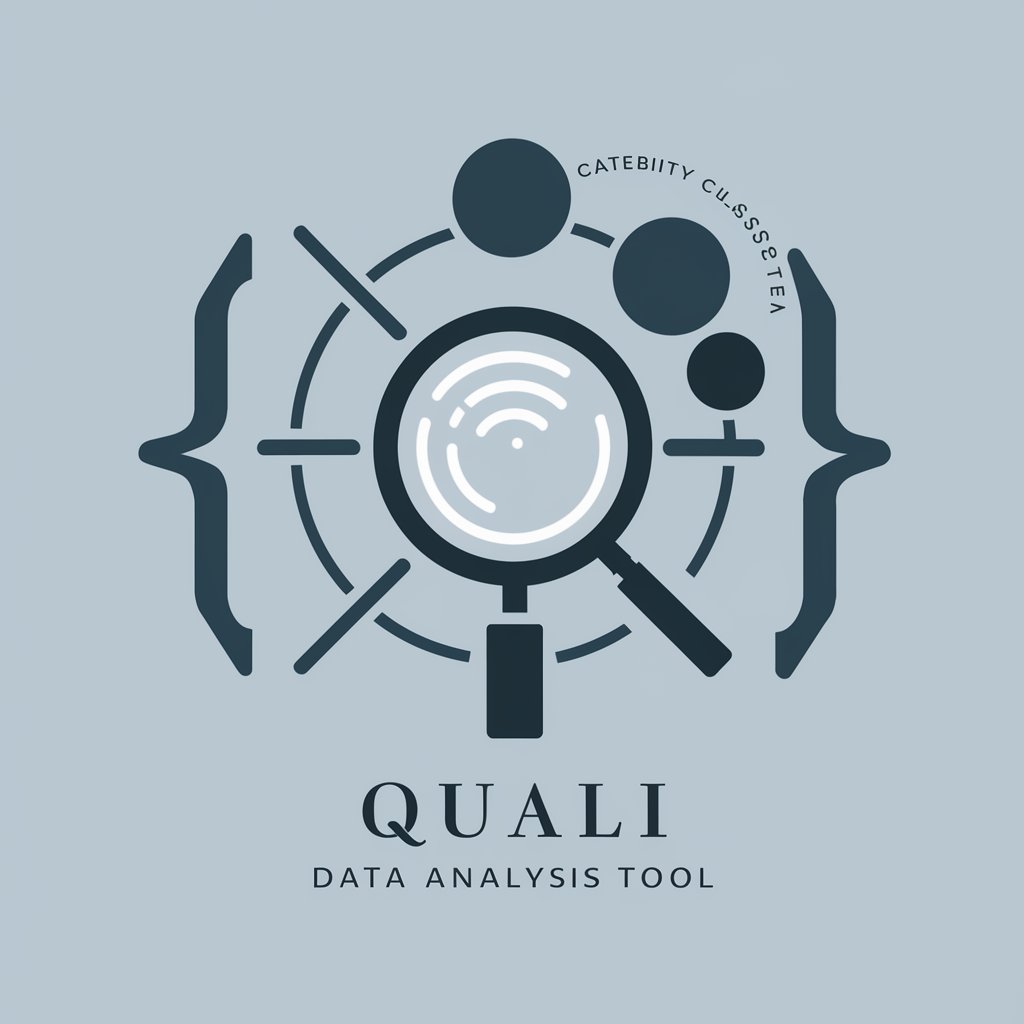
Qualitative Inquiry Guide
AI-Powered Qualitative Research Assistant
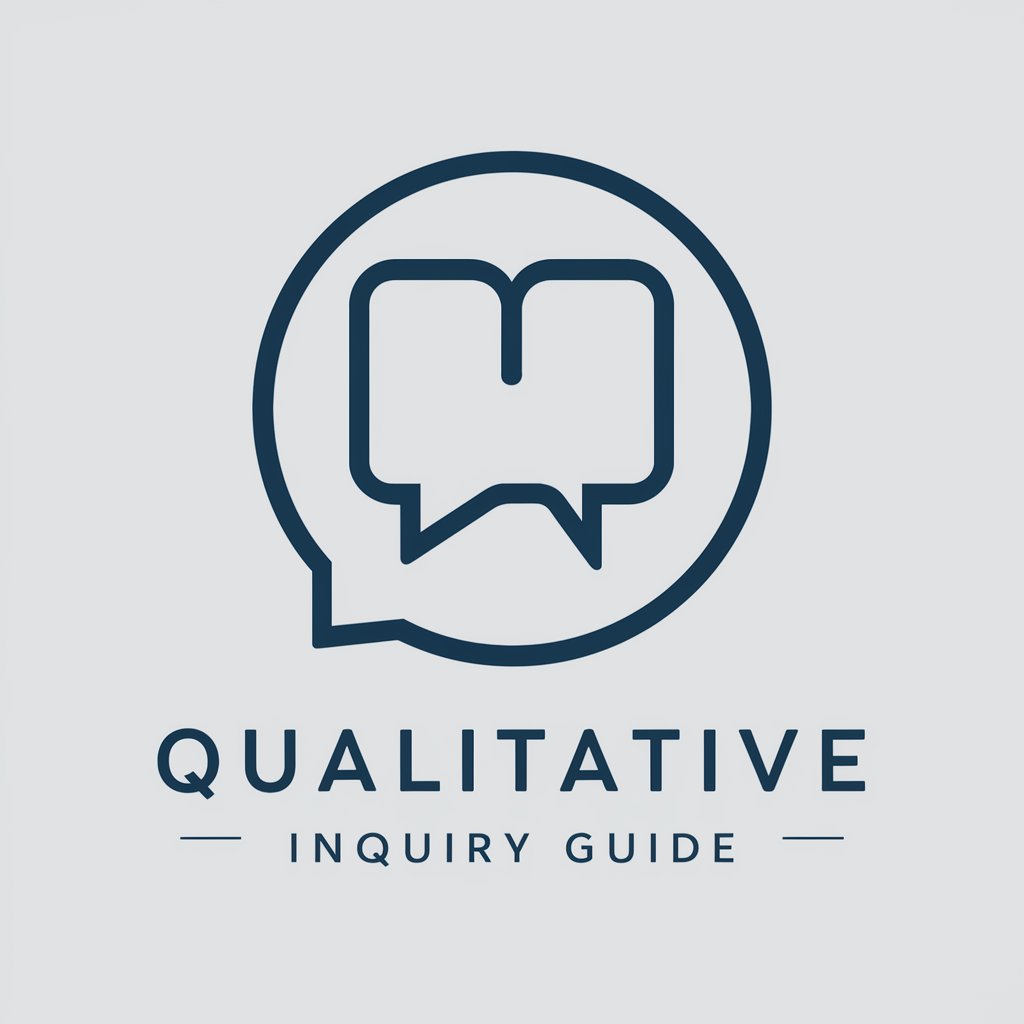
QualiCodeFrame
Streamlining Qualitative Analysis with AI

ESG and Sustainability Strategy Consultant
AI-Powered ESG Strategy Enhancement

Dynamic Seasonal Dinner Planner
Seasonal Feasts, Tailored Tastes

XANAなんでもお答え四コマ漫画
Learn about XANA with comics

Qualitative Quest Q&A
What is Qualitative Quest primarily used for?
Qualitative Quest is designed to assist researchers and academics in analyzing qualitative data, aiding in tasks like coding, thematic analysis, and synthesizing research findings.
Can Qualitative Quest handle data from different sources?
Yes, Qualitative Quest can process a wide range of qualitative data, including interview transcripts, focus group discussions, and textual documents from various fields.
How does Qualitative Quest ensure the confidentiality of my data?
Qualitative Quest prioritizes data security with robust encryption protocols, ensuring that your data remains confidential and is not stored beyond your session unless specified.
Is Qualitative Quest suitable for novice researchers?
Absolutely. Qualitative Quest is designed with an intuitive interface and guided functionalities, making it accessible for researchers at all levels, including beginners.
Can Qualitative Quest help in writing a literature review?
Yes, Qualitative Quest offers features to assist in summarizing existing literature, identifying key themes, and synthesizing research findings to support comprehensive literature reviews.
